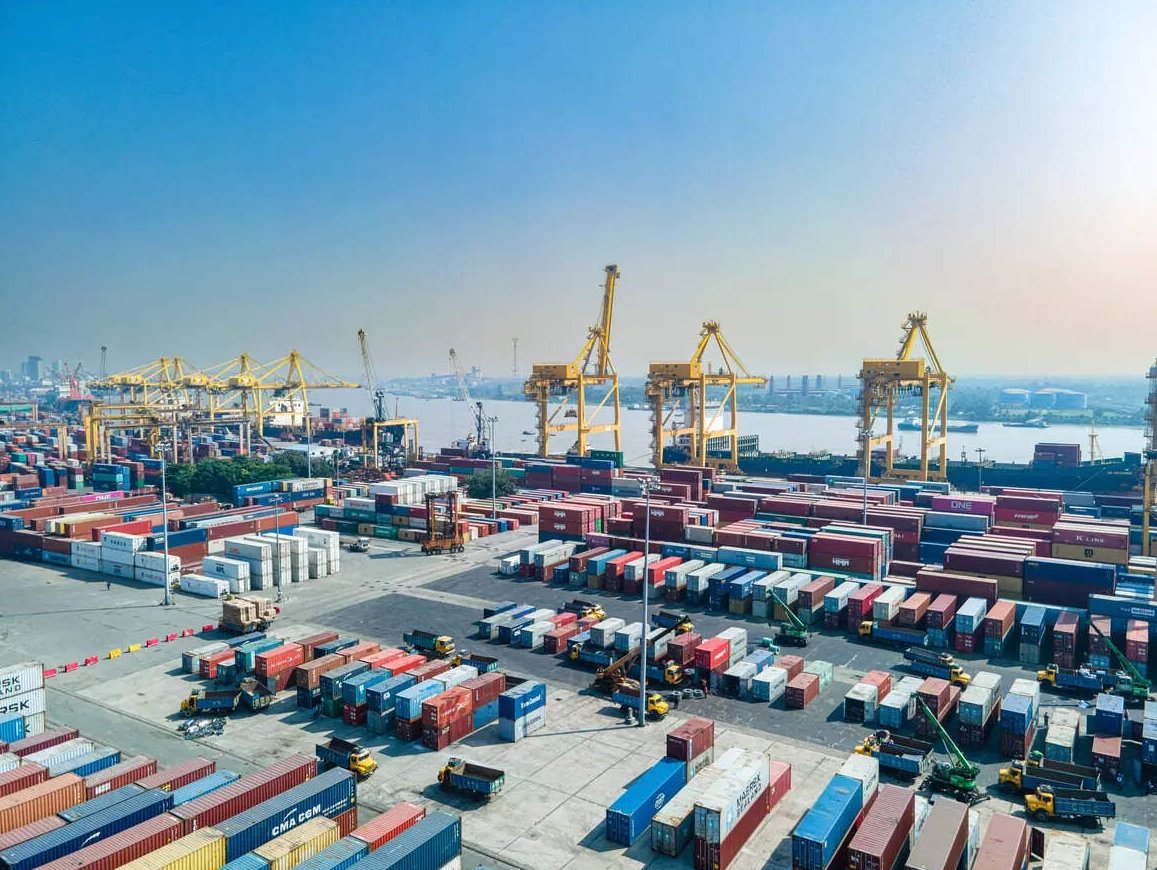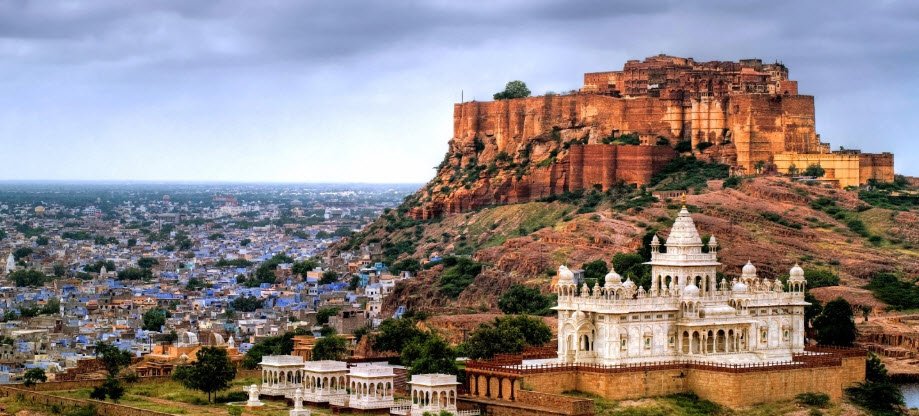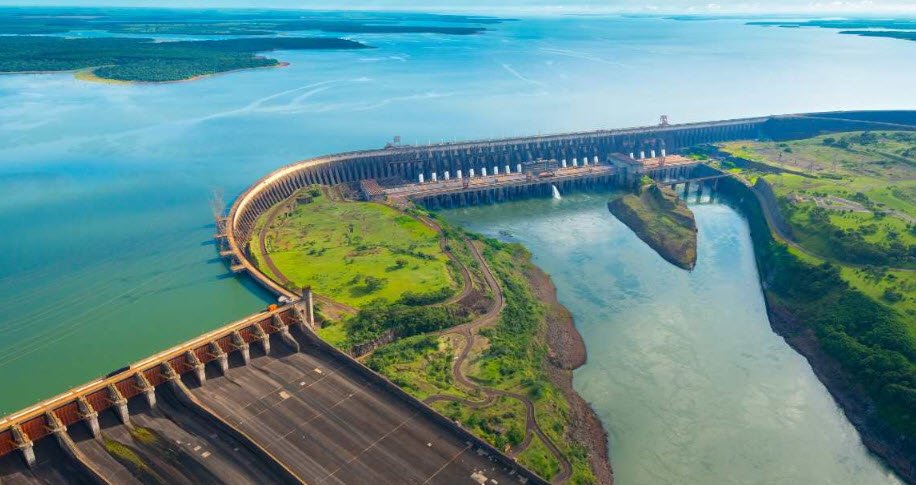
India's Traffic Fines Are Steep - But What About Government Accountability?
India's Traffic Fines Are Steep - But What About Government Accountability?
India has taken significant steps to reform traffic regulations in recent years. With the implementation of heavy fines under the amended Motor Vehicles Act, the government aims to reduce road accidents and improve driving behavior. While these efforts are commendable, a serious question arises who holds the government accountable for its own negligence?
Strict Penalties for Citizens: A Quick Look
Under current traffic rules in India, citizens face hefty penalties for violations:
- No helmet: ₹1,000
- Parking in a no-parking zone: ₹3,000
- No insurance: ₹1,000
- Drunk driving: ₹10,000
- Driving in a no-entry zone: ₹5,000
- Using a mobile phone while driving: ₹2,000
- No pollution certificate: ₹1,100
- Triple-seat riding on a two-wheeler: ₹2,000
These fines are meant to enforce discipline and promote road safety. But where is this discipline when it comes to public infrastructure and government responsibilities?
When Government Negligence Goes Unpunished
While citizens are penalized for every minor mistake, the same cannot be said for issues caused by government inefficiency:
| Malfunctioning traffic signals | No accountability |
| Potholes on roads | No one takes responsibility |
| Encroached footpaths | Left unchecked for years |
| No street lighting | A daily hazard for pedestrians and drivers |
| Uncollected garbage | Piles up, spreading disease and filth |
| Unmarked or broken poles and barriers | Cause fatal accidents |
| Open or unrepaired sewage lines | A breeding ground for illness |
| Unattended road digging projects | Disrupt traffic, endanger lives |
| Stray animals on roads | Cause accidents with no compensation |
Should a citizen fall into a pothole or be injured due to poor road maintenance, no government body is held accountable. Yet, the same citizen would face a ₹10,000 fine if caught drunk driving.
Is It Fair to Penalize Only the Public?
India's citizens pay taxes, follow rules, vote responsibly, and contribute to national development. However, when infrastructure fails or civic services collapse, there's no clear mechanism to hold administrative bodies accountable.
- Why aren’t municipal corporations fined for uncollected garbage or open drains?
- Why isn’t the Public Works Department (PWD) held responsible for pothole-related accidents?
- Why is there no penalty for leaving roads dug up for months?
- Why aren’t local authorities answerable for failing to remove stray animals?
Equal Responsibility Must Be the Foundation of a Just System
For India to truly progress as a responsible, developed nation, both citizens and the government must be held to equal standards of accountability. Imposing fines on the public without addressing systemic failures from government bodies sends the wrong message—it suggests that only the public is at fault, and governance has no consequences.
A Call for Transparent Governance
This is not just a complaint - it is a call for reform:
- Implement accountability for municipal and administrative negligence
- Create a transparent reporting and penalty system for government departments
- Encourage citizen feedback on civic issues through digital platforms
- Publicly disclose actions taken against negligent officials or departments
Conclusion
Citizens should follow the rules, no doubt. But the Indian Government and its agencies must lead by example. Fines cannot be a one-way street. When the system fails the very people it is meant to serve, it's time to ask: Who is policing the policymakers?
Let us raise our voice, not in anger, but in the hope of building a more balanced, fair, and responsible India. It’s time we demanded equal accountability from our government.










